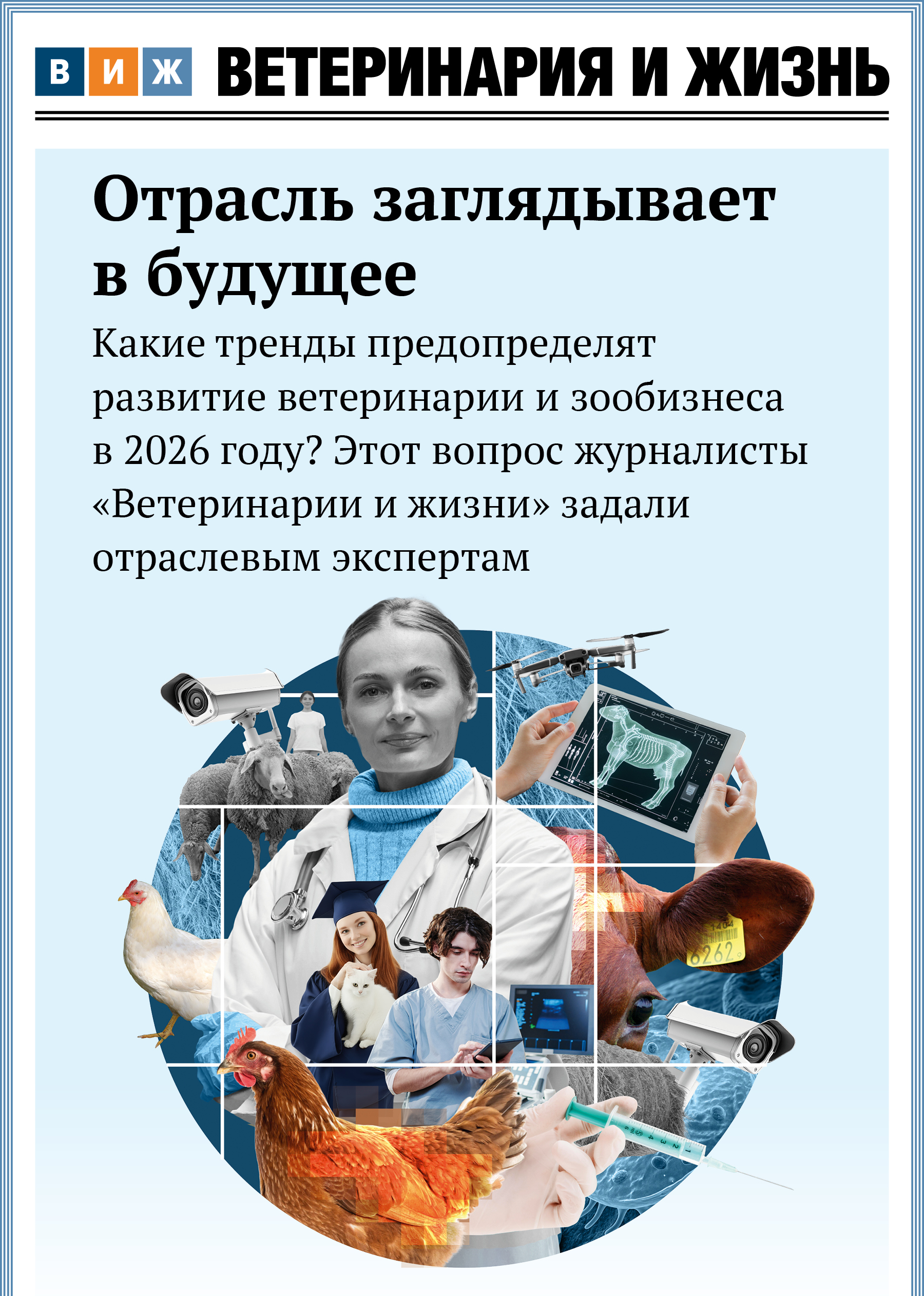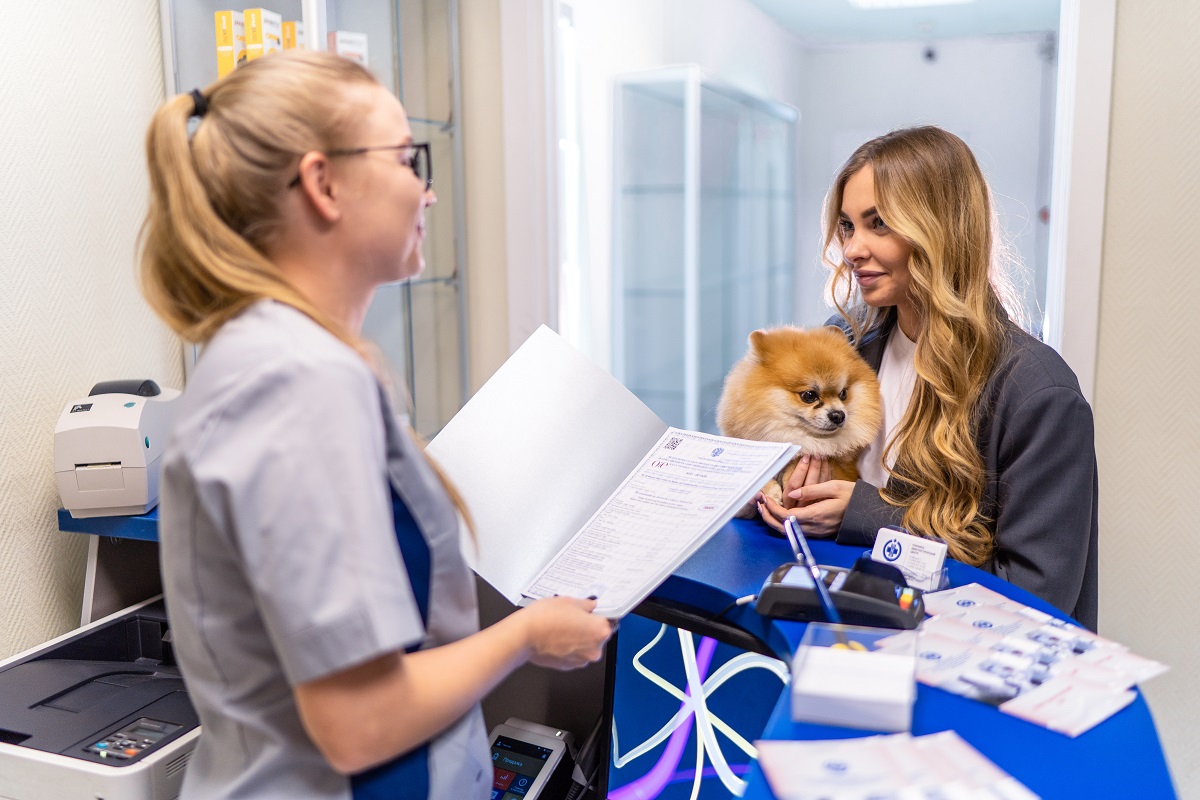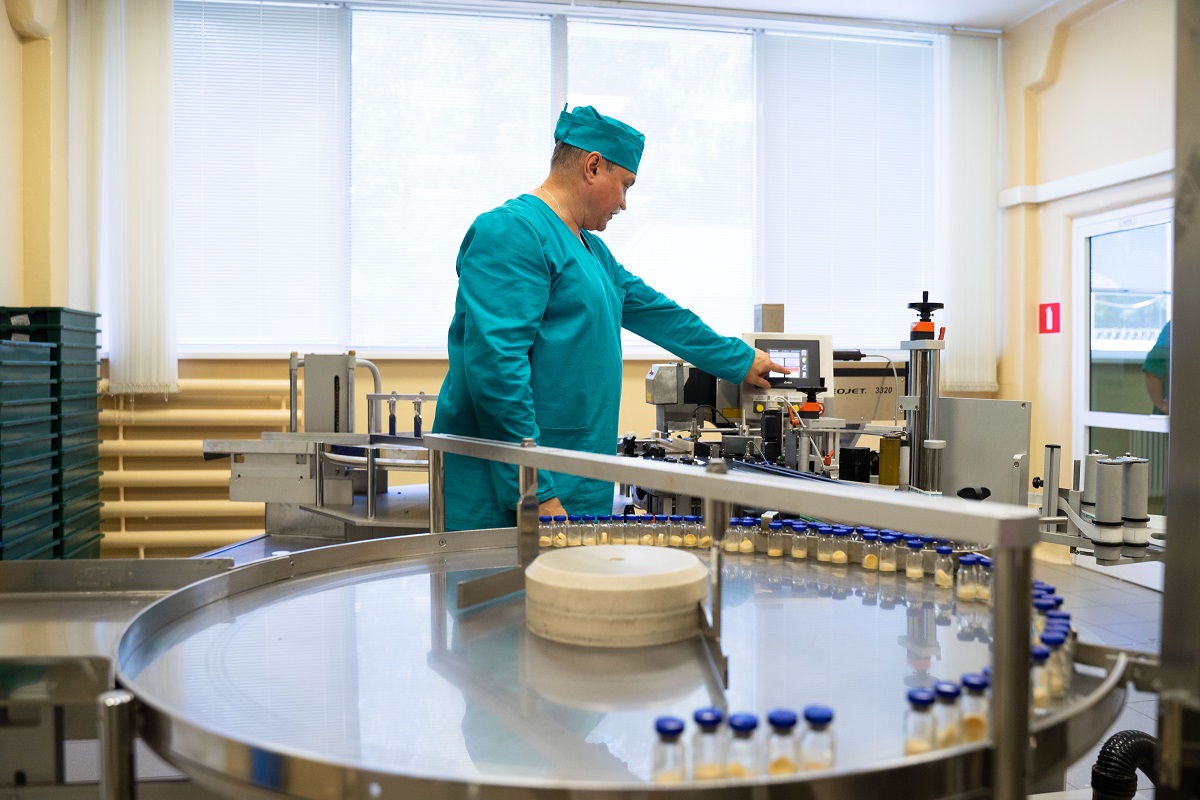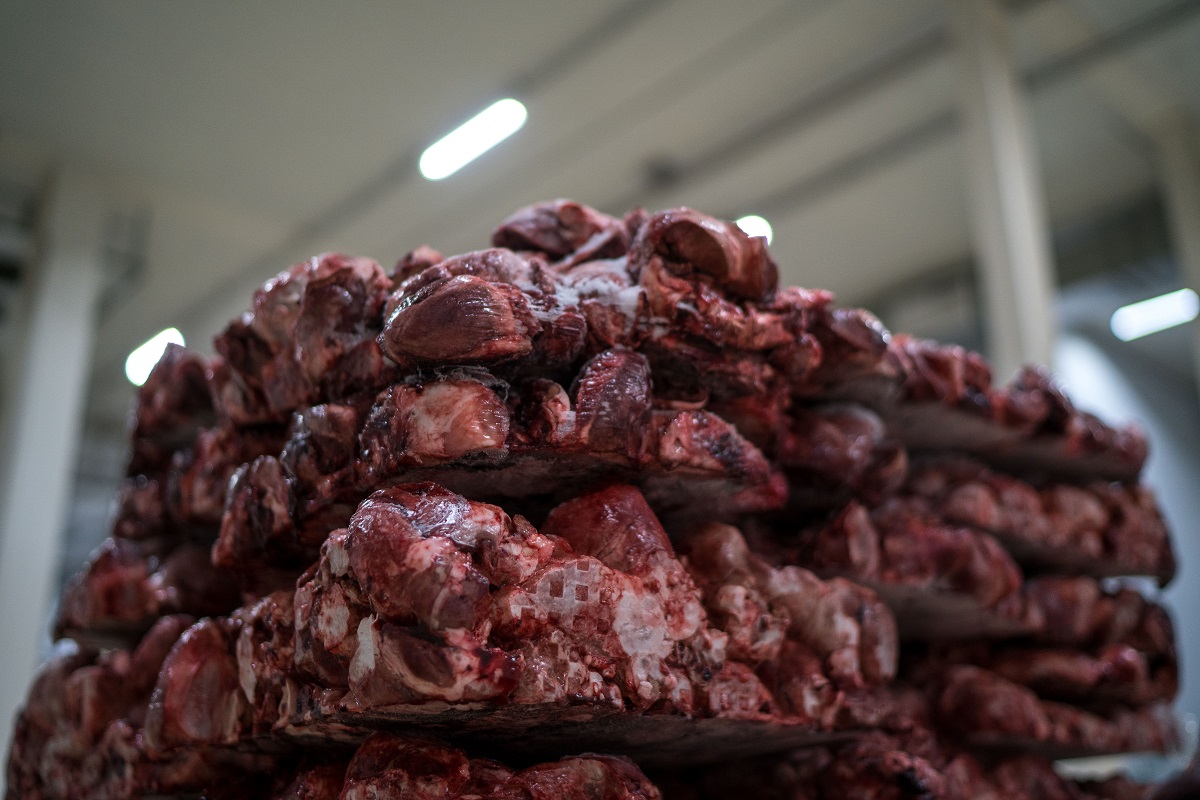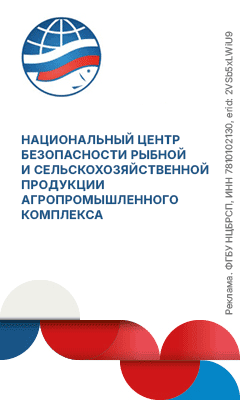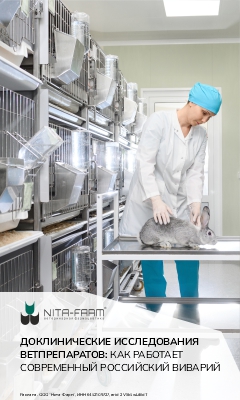According to the document, the decision on veterinary inspection is taken by the expert of the national veterinary service upon request of the manufacturer. Sampling also has to be performed by an expert of the national veterinary service. The overall inspection procedure should not take more than three hours from the moment of the owner’s request, as set out in the project.
Veterinary checks involve the analysis of veterinary accompanying documents, data on medicinal products administered to bees, and the corresponding withdrawal periods.
As stated in the project, each batch is subject to organoleptic (appearance, fermentation features, flavor, odor, mouthfeel and color) and physicochemical testing. The rules are also set for bee products, such as bee bread, royal jelly, beeswax, propolis and bee pollen.
Honey and bee products are subject to annual checks for toxic elements, mycotoxins, pesticides and antibiotic residues.
The results of veterinary checks are to be submitted to the Rosselkhoznadzor’s “VetIs” system.
The rules don’t apply to honey and bee products intended for personal use.
The new rules will come into force on March 1, 2023. As of this date, all rules for veterinary control and inspection of honey adopted in 1995 will be considered invalid.


